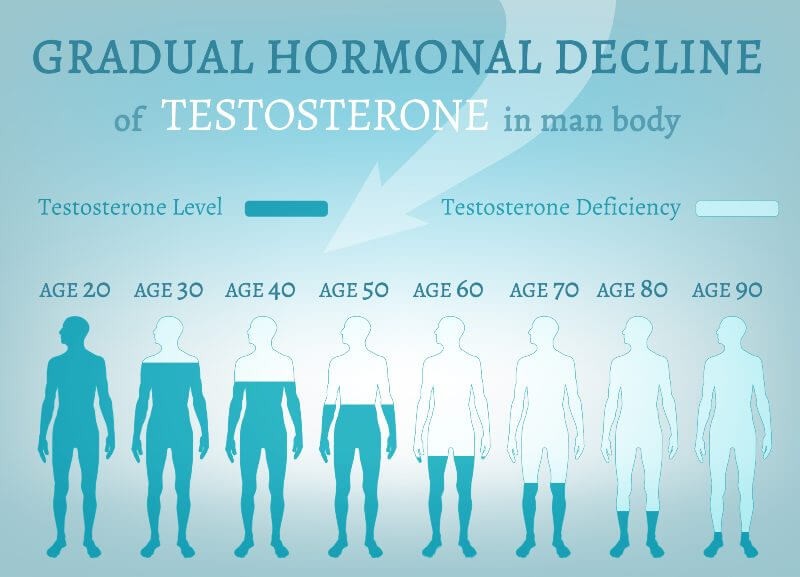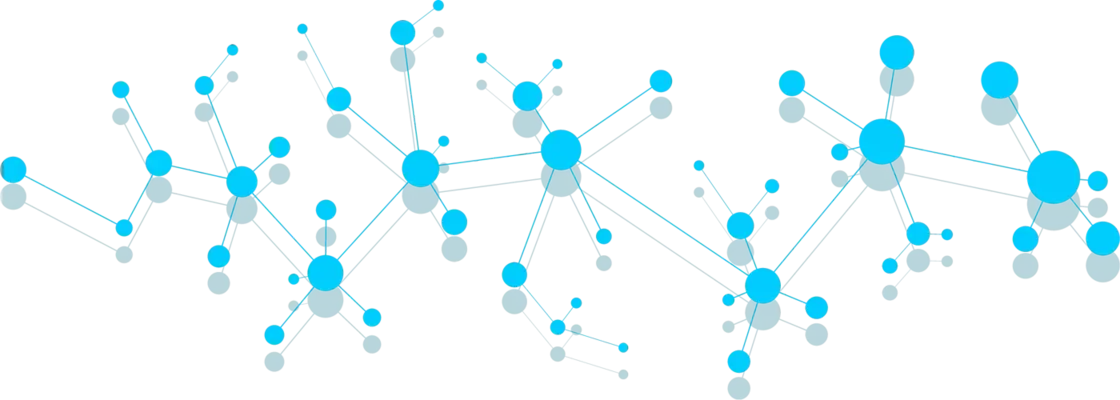Testosterone hormone plays a significant role in male reproductive health it promotes sexual motivation and raises the level of sexual performance in men.
Hormones are signaling molecules in our bodies. They regulate vital processes and chemical reactions they play a role in cell growth, food digestion and the onset of puberty and sexual reproductive functions.
Testosterone hormone is responsible for boosting the male sex drive, increases desire, and plays a role in the development of secondary sex characteristics and male genitalia.
What is testosterone hormone?
Testosterone hormone is the most important male hormone produced by Leydig cells in the testicles, it is responsible for developing traits we consider characteristic for men.
Testosterone is produced by Leydig cells in the testicles.
The pituitary and hypothalamus control the production of male sex hormones and hence sperm production.
Hormone ratios vary continuously during the day, with testosterone levels rising in the morning and declining in the evening. Levels of testosterone vary with age; highest at the age of 20 starting to decline after 40.
Testosterone hormone function
Testosterone is necessary for the development of male sexual reproductive functions, is produced in the testes, is responsible for sperm production and the development of secondary sexual traits for men,
Testosterone is important for normal reproductive and sexual function for men.
Testosterone production is regulated by the brain and pituitary gland, and once produced it travels through the blood to play a role in various important functions like:
1- Building up muscle mass and bone density:
Testosterone helps build muscle tissue. When its production after age 40 in the body decreases, it is harder to get similar results through muscle building workouts than you did at a younger age.
Testosterone impacts bone density, a symptom of testosterone deficiency in men is osteoporosis.
2- Responsible for the distribution of body fat:
It is still unclear how testosterone regulates body fat distribution, but low testosterone levels have been associated with higher fat content in fat enclosing proteins.
3- Growth of facial and body hair
Testosterone plays a big part in the physical changes that start during puberty in males, testosterone hormone is sometimes referred to as the male hormone because it plays a part in developing the male secondary sexual characteristics like hair growth on face, groin and underarms, lowering and deepening of the voice, making the Adam’s apple prominent.
4- Libido
Testosterone improves overall mood, sexual libido and improves erectile function. Patients given Testosterone Replacement Therapy (TRT) have stated that after starting therapy their erections improved and their sex drive was better.
5- Production of sperm
Testosterone deficiency in addition to decreasing libido, and spontaneous erections, leads to oligospermia (low sperm count). Testosterone does not stimulate the production of sperm but is required for its production.
6- Growth of testicles and penis in men
Testosterone is responsible for the proper development and maturing (increase in size) of the penis and testicles.
Testosterone also contributes to the descent of the testicles from the back wall of the abdomen where in embryonic development they develop, grow and descend into the scrotum in the first months of life
Normal testosterone levels

Normal testosterone levels in blood vary according to sex, age and health.
In men testosterone blood levels start rising at age 10-11 to peak between age 20-30 and then gradually decreases again after 40.
But overall, the normal ratio in men is around 270-1070 ng/dL in late adolescents and adulthood.
Low testosterone
Symptoms of low testosterone levels begin to appear when its level in blood drops below 300 ng/dL. The normal testosterone hormone ratios approximately range from 270 to 1,000 ng per dL. Symptoms that may appear when testosterone levels in blood are on the lower side:
1- Lack of libido
Testosterone has an important role in increasing the sexual drive in men. Above the age of 40 testosterone levels gradually decline and with-it sexual libido (drive).
2- Erectile dysfunction due to low testosterone levels
Low Testosterone levels alone rarely cause erectile dysfunction but accompanied by other health issues impairing blood flow to and from the penis worsen the symptoms.
3- Oligospermia (Low sperm count)
Testosterone although not directly involved in the making of sperm contributes indirectly to its production in the male testes so low levels of testosterone will negatively affect sperm counts.
4- Feeling tired
You feel tired for prolonged periods of time even though you are getting enough rest and sleep.
Some men with a decreased testosterone level experience trouble sleeping through the night and difficulties concentrating.
5- Loss of muscle and bone strength
Because testosterone is important for building muscle mass and bone density in men, low testosterone levels lead to lower muscular strength and bone density. This decreased bone density makes men with low testosterone levels more prone to fractures.











